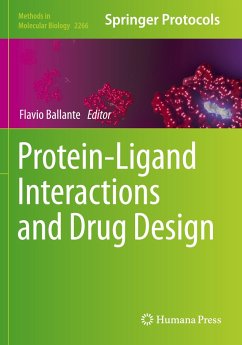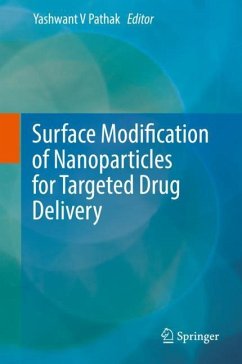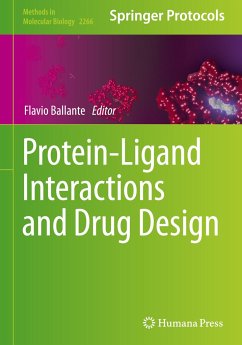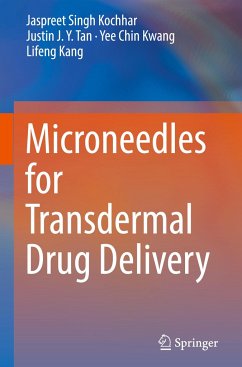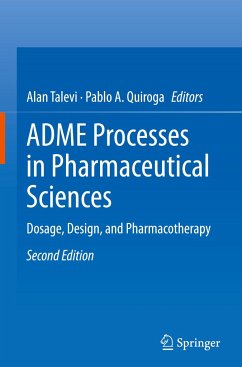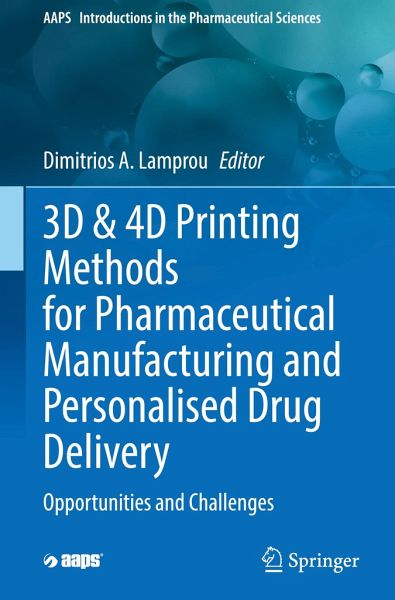
3D & 4D Printing Methods for Pharmaceutical Manufacturing and Personalised Drug Delivery
Opportunities and Challenges
Herausgegeben: Lamprou, Dimitrios

PAYBACK Punkte
38 °P sammeln!
New materials and manufacturing techniques are emerging with potential to address the challenges associated with the manufacture of pharmaceutical systems that will teach new tricks to old drugs. 3D printing (3DP) is a technique that can used for the manufacturing of dosage forms, and especially targeting paediatric and geriatric formulations, as permits the fabrication of high degrees of complexity with great reproducibility, in a fast and cost-effective fashion, and offers a new paradigm for the direct manufacture of personalised dosage forms. The book is covering the basics behind each addi...
New materials and manufacturing techniques are emerging with potential to address the challenges associated with the manufacture of pharmaceutical systems that will teach new tricks to old drugs. 3D printing (3DP) is a technique that can used for the manufacturing of dosage forms, and especially targeting paediatric and geriatric formulations, as permits the fabrication of high degrees of complexity with great reproducibility, in a fast and cost-effective fashion, and offers a new paradigm for the direct manufacture of personalised dosage forms. The book is covering the basics behind each additive manufacturing (AM) method, current applications in pharmaceutics for each 3DP method, and case studies (examples) from a teaching perspective, targeting undergraduate (UG) and postgraduate (PG) students. A unique to this book is the integration of studies based upon the use of different AM technologies, which designed to reinforce importance printing parameters and material considerations. The book includes case studies or multiple-choice questions (MCQs), which allow application of the content in a flipped-classroom.





